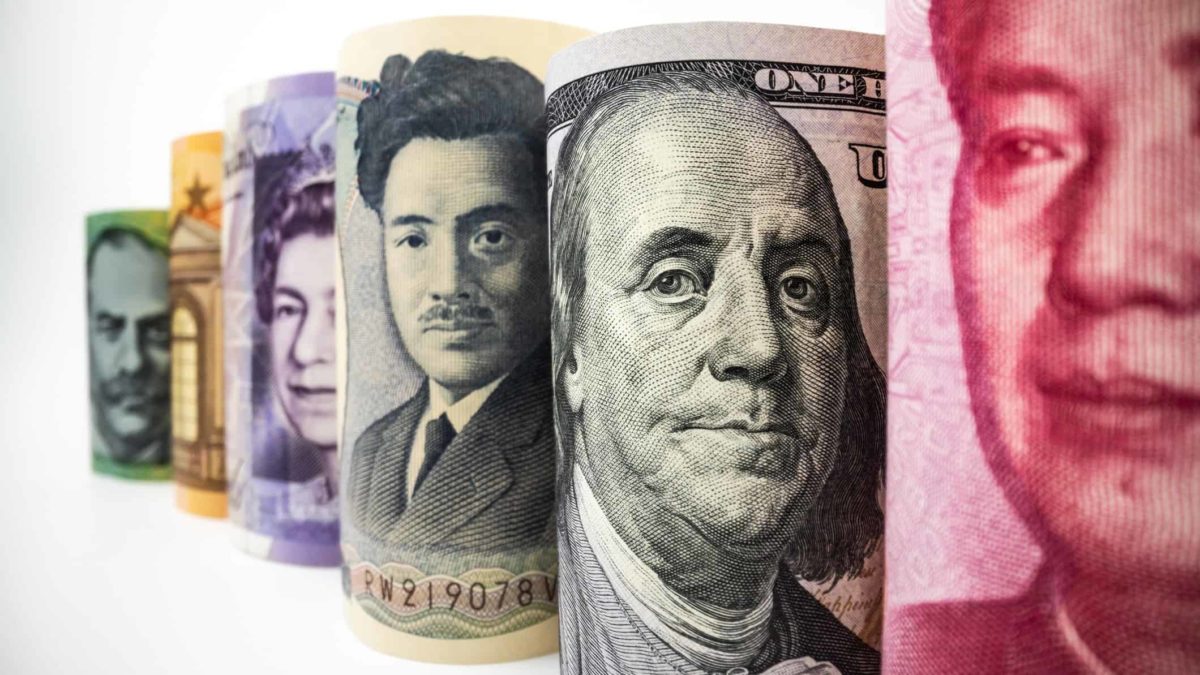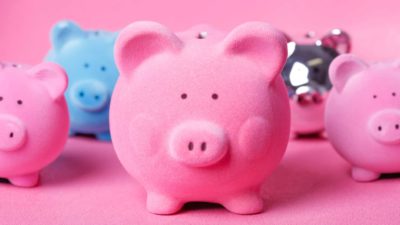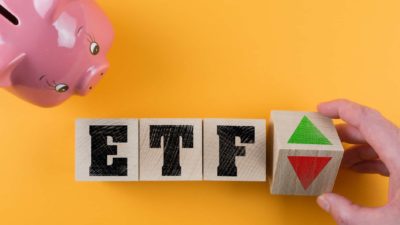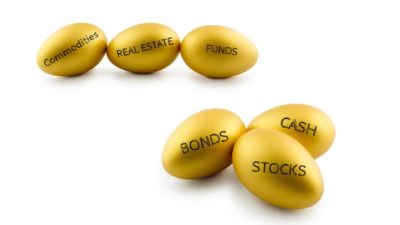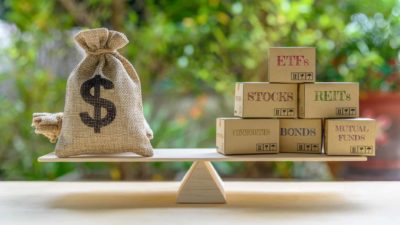When you hear an investor list off different asset classes that one can invest in, sometimes 'foreign currencies' are thrown into the mix, along with your usual suspects like ASX shares, bonds, gold or property.
Most of us only convert our Australian dollars into something else when we need to go on holiday, rather than as an investment activity. But is this an untapped avenue investors should explore?
It's relatively easy to own foreign currency these days, either digitally or physically. You can always go down to your nearest bank branch and change your dollars to euros, pounds or yen. Many ASX banks such as Commonwealth Bank of Australia (ASX: CBA) and Westpac Banking Corp (ASX: WBC) also allow you to open foreign currency accounts, where you can keep your chosen currencies alongside your normal bank accounts.
There are also foreign currency exchange-traded funds (ETFs) available. The BetaShares US Dollar ETF (ASX: USD) is one such option, but there are more out there, including for other currencies like the euro and the pound sterling.
Are currencies an investment?
Some people do make a living trading currency. Currencies shift in value every day, so there are definite opportunities in these moves to make profits. But currency is, by definition, a store of wealth, rather than a wealth-producing asset. You can turn cash into an investment with a term deposit or other cash instrument. But these days, the potential for this is not what it used to be, even for currencies outside the Aussie dollar, with interest rates at near-zero in the countries that issue the world's major currencies. As such, I don't see any real value in holding foreign currency as a 'buy-and-hold' investment.
But what about currencies as a hedge? It might not feel like it to us, but the Aussie dollar is a volatile currency by global standards. Think about it. Just this year, our dollar has been worth as little as 55 US cents and as much as 74 US cents at various times.
Our dollar tends to fall in times of global uncertainty (like we saw in the share market crash in March), so holding some of your cash in US dollars might be a good way to hedge against a global share market crash.
Holding some US dollars is a good strategy if you regularly invest in US shares, such as Apple Inc (NASDAQ: AAPL). I myself tend to hold a cash position in both US dollars and Aussie dollars, with regular top-ups for the US dollar account when the exchange rate is decent.
Foolish takeaway
I wouldn't class foreign currencies as assets in their own right, but you can manage your cash positions a little better by utilising other currencies, especially if you regularly invest overseas. As with all investments, make sure you're not paying too much in fees though!

